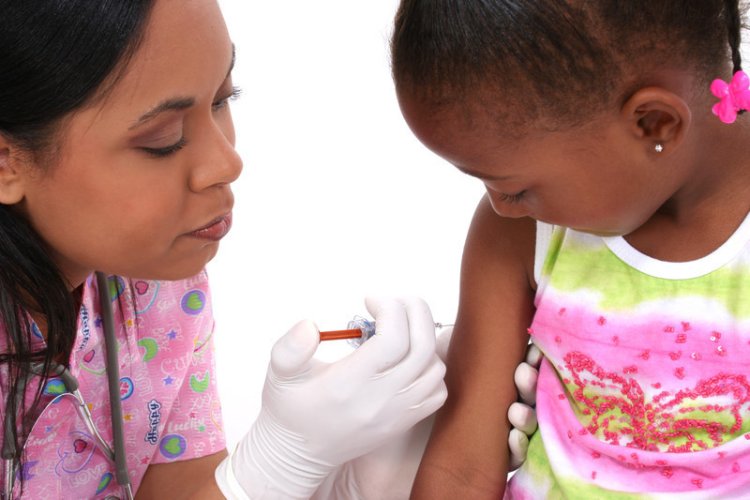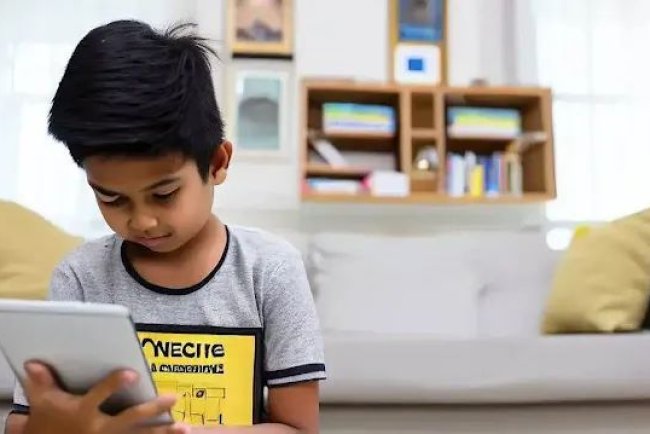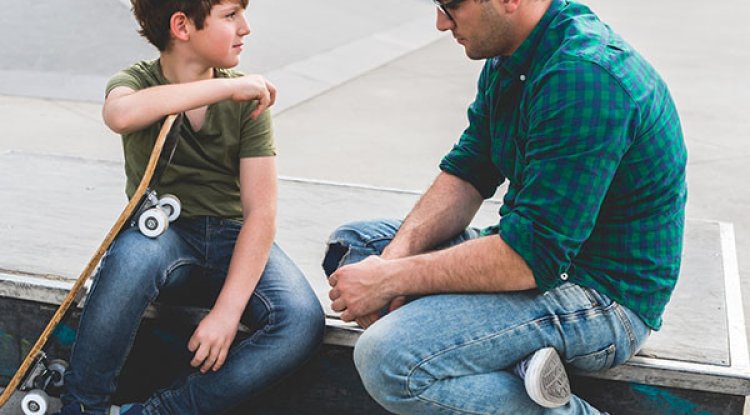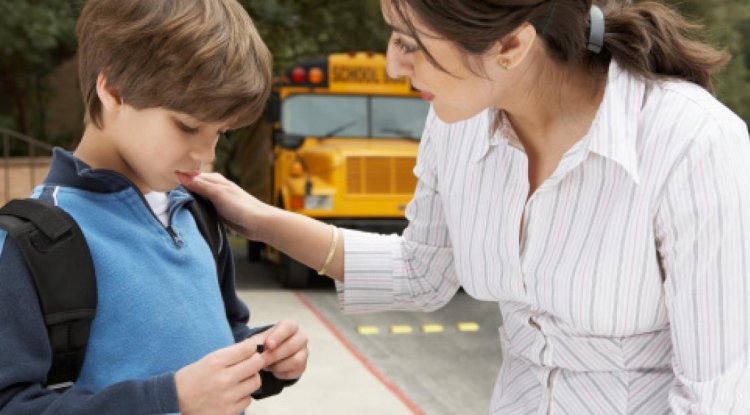3 Ways to Help More Children Get Immunized and Why It Matters Now More Than Ever
Each spring, National Infant Immunization Week serves as a reminder of something extraordinary and something urgent. Extraordinary, because vaccines have quietly reshaped what it means to be a healthy child in America. Urgent, because even now, too many children are slipping through the cracks.

Here’s the good news first: more than 90% of children between 19 and 35 months old have received all the recommended doses of vaccines for their age protection against illnesses like polio, measles, mumps, rubella, chickenpox, and hepatitis B. Over 80% are covered against diphtheria, tetanus, whooping cough, pneumococcus, and Haemophilus influenzae.
But the celebration stops short when you look closer. Only 72% of U.S. children are fully up to date on all recommended vaccines. That means one in four kids is missing at least one crucial shot and in some communities, entire clusters of under-immunized children leave the door open for diseases to creep back in.
Vaccines are one of medicine’s quiet miracles. They’ve turned once-dreaded illnesses into distant memories but only if every child gets them. Here’s how we can make sure that happens.
1. Bring Health Care Within Reach for Every Family
The biggest barrier to vaccination isn’t always fear sometimes, it’s logistics. Many families simply don’t have a nearby clinic, reliable transportation, or health coverage that makes routine visits possible. While programs like Vaccines for Children help cover vaccine costs, they often don’t address the hidden costs of doctor visits, time off work, or the gap left when insurance doesn’t stretch far enough.
When access falters, prevention does too. Ensuring every child has access to affordable, consistent health care isn’t just good policy, it's a moral imperative. Vaccines are one part of the well-child puzzle, but they’re the cornerstone that holds the rest together.
2. Spread Truth Louder Than Misinformation

In an age where a single tweet can travel faster than a scientific study, vaccine misinformation has become its own kind of virus. Myths like “vaccines cause autism” or “spacing them out is safer” persist despite overwhelming evidence to the contrary. Once fear takes root, it’s hard to uproot especially when misinformation comes wrapped in personal stories or emotional appeals.
Doctors often have just 15 minutes during a well-child visit, hardly enough time to unpack years of online rumor. That’s why trusted, proactive communication matters. Communities, schools, and health organizations can help by making credible information visible in everyday spaces through social media campaigns, parent networks, and simple, relatable language that meets parents where they are.
The science is solid: vaccines are safe, effective, and life-saving. What’s missing is not data, it's connection and trust.
3. Listen First, Educate Second
Not all vaccine hesitancy stems from denial of science. Sometimes, it’s about values, personal liberty, purity, control, or fear of the unknown. Studies show that simply telling hesitant parents, “You’re wrong,” rarely works.
A fascinating paper in Nature Human Behavior revealed that parents who resist vaccines often prize freedom of choice and natural purity above all else. To them, arguments about “public safety” or “fairness” ring hollow but conversations about respect, transparency, and control over their child’s health might open doors.
In other words: to change minds, we have to understand hearts. That means listening without judgment, addressing each concern with empathy, and acknowledging that fear not ignorance is often what drives doubt.
A Shared Goal: Healthy, Thriving Children
Whether you’re a parent, a pediatrician, or just someone who believes in science, the mission is the same: keep our children safe. Immunizations are more than shots in the arm; they're acts of protection that ripple through families, schools, and entire communities.
When every child is vaccinated, we don’t just prevent illness, we preserve trust, stability, and the collective health of the next generation.
So this National Infant Immunization Week, celebrate the progress but don’t stop there. There’s still work to do, one shot, one family, one honest conversation at a time.
What's Your Reaction?




















